
Business leaders working together to accelerate the sustainable development of aquaculture in Africa, for Africa.



Africa’s growing population presents a major opportunity to expand sustainable aquaculture - by strategically developing aquatic resources where appropriate, to meet rising food demand, improve nutrition, and create meaningful livelihoods.
Sustainable development of aquaculture can enhance socio-economic development in many ways






1. Food and Agriculture Organization of the United Nations (FAO). (2024). The State of World Fisheries and Aquaculture 2024: Blue Transformation in Action.
2. United Nations Economic Commission for Africa. As Africa’s Population Crosses 1.5 Billion, The Demographic Window Is Opening; Getting The Dividend Requires More Time And Stronger Effort.
3. International Center for Living Aquatic Resources Management (WorldFish). Accelerating Aquaculture to Combat Africa's Fish Deficit.
4. World Economic Forum. The Future of Jobs and Skills in Africa.
5. International Center for Living Aquatic Resources Management (WorldFish). The EU would be wise to invest in African aquaculture and fisheries.

Aquaculture holds immense promise, but unlocking its benefits will require comprehensive policy reforms, technological advancements, sustainable resource management, and regional and global collaboration.
Within AABLN, we are utilizing a model of collaboration to help accelerate the sustainable development of the sector. Uniting our knowledge, expertise and resources to unlock the sector’s potential. We are working on:
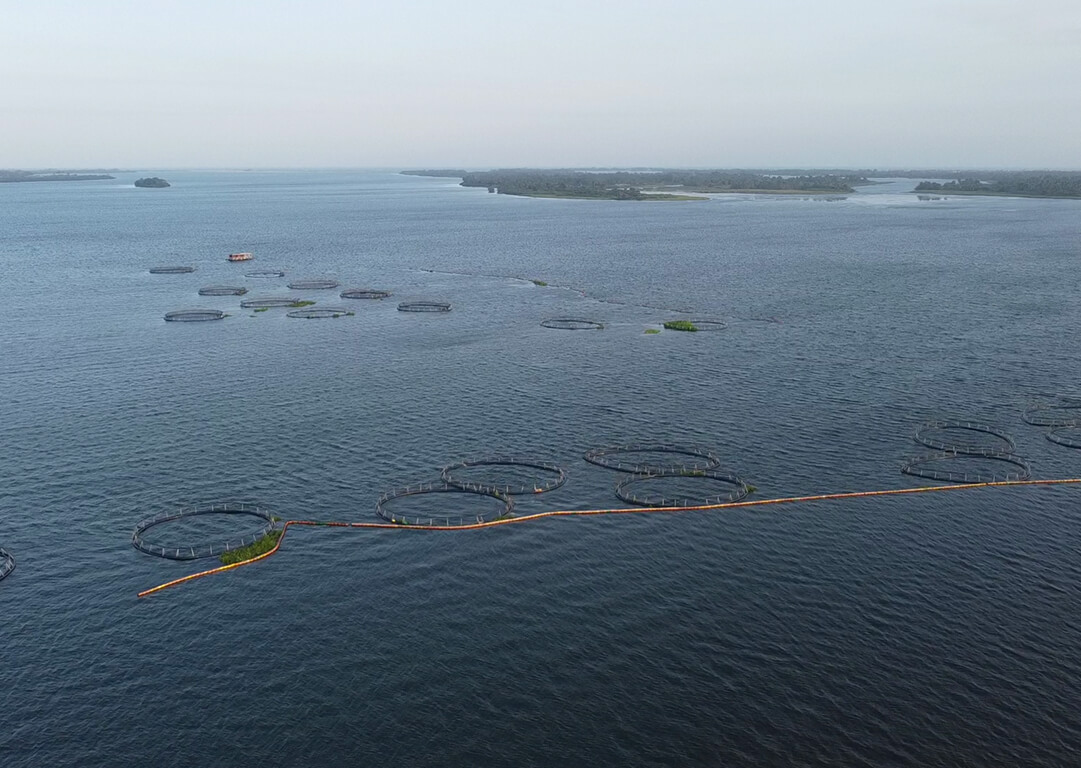
Increasing awareness of investment opportunities in the sector, and building investment literacy for member companies
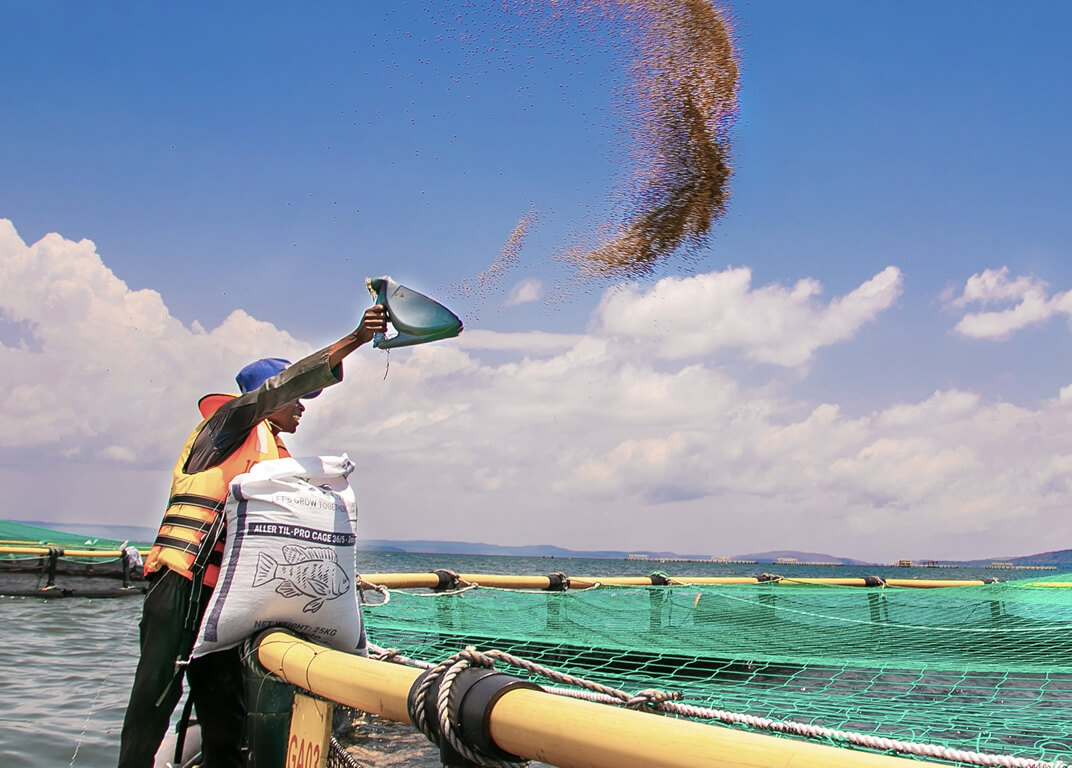
Supporting wider technology transfer between companies and regions to help increase productivity and overall sustainability performance
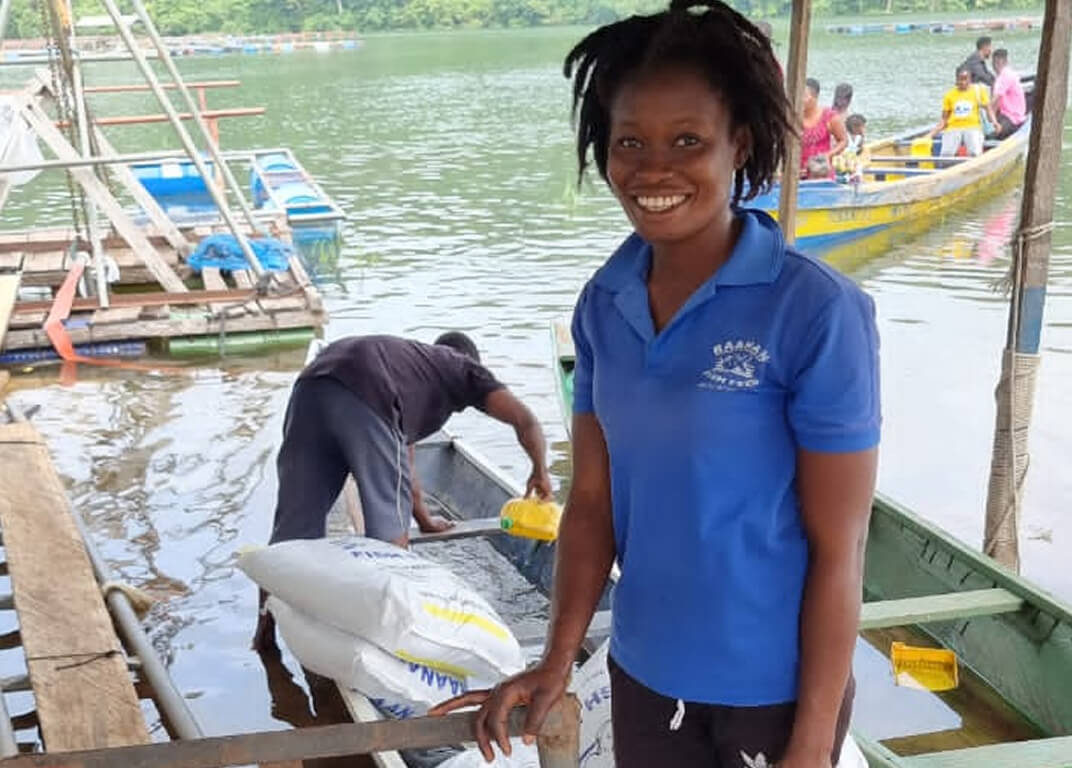
Increasing training and skills development and opportunities to attract more people into the sector, with a specific focus on women
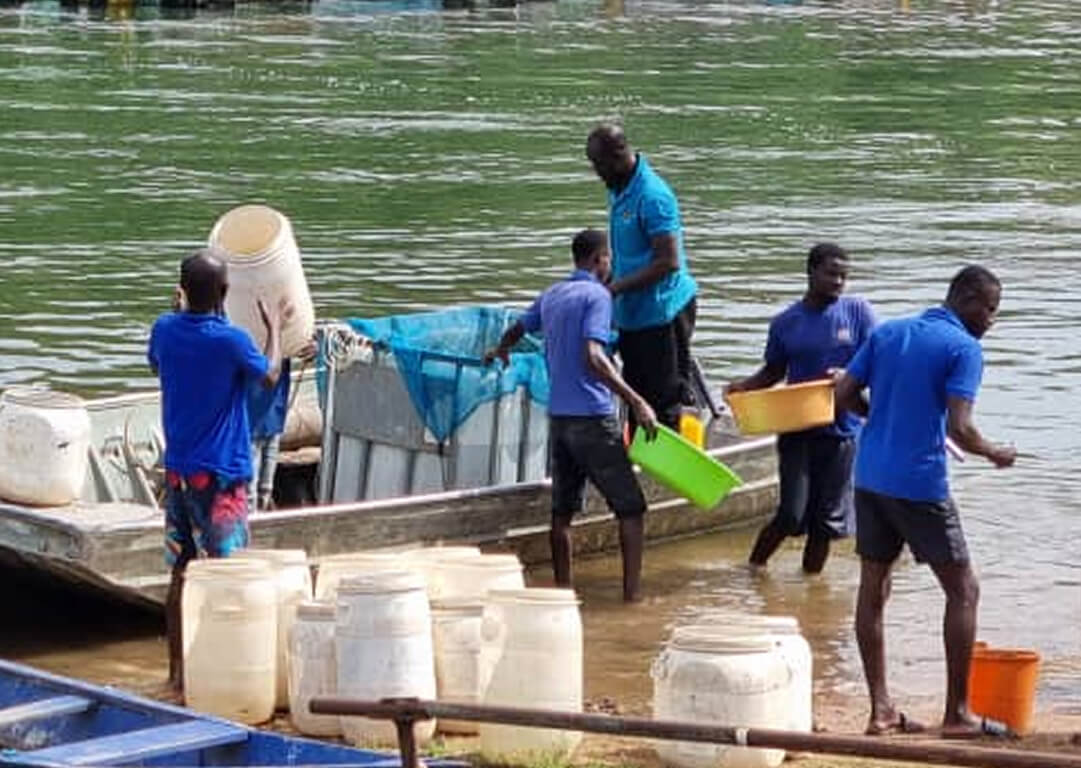
Sharing expertise to help strengthen the sector’s ability to effectively manage fish welfare and ensure optimal fish health and all times
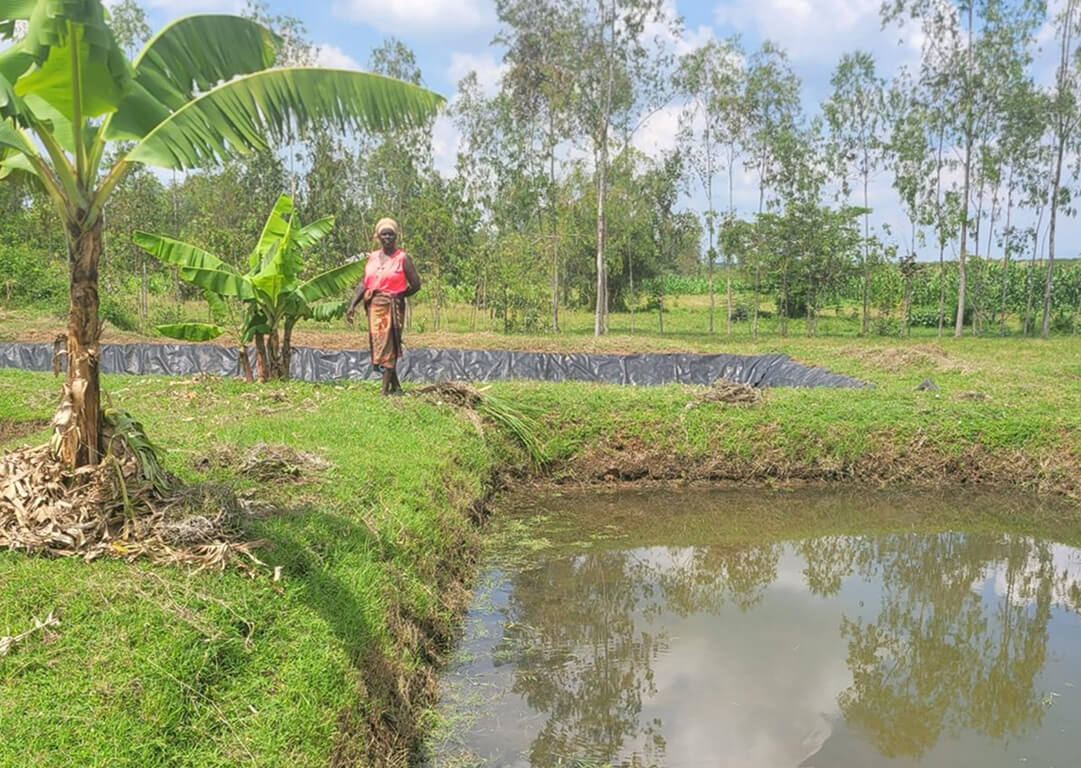
Exploring opportunities to support the development of smallholders as key contributors to the sectors development
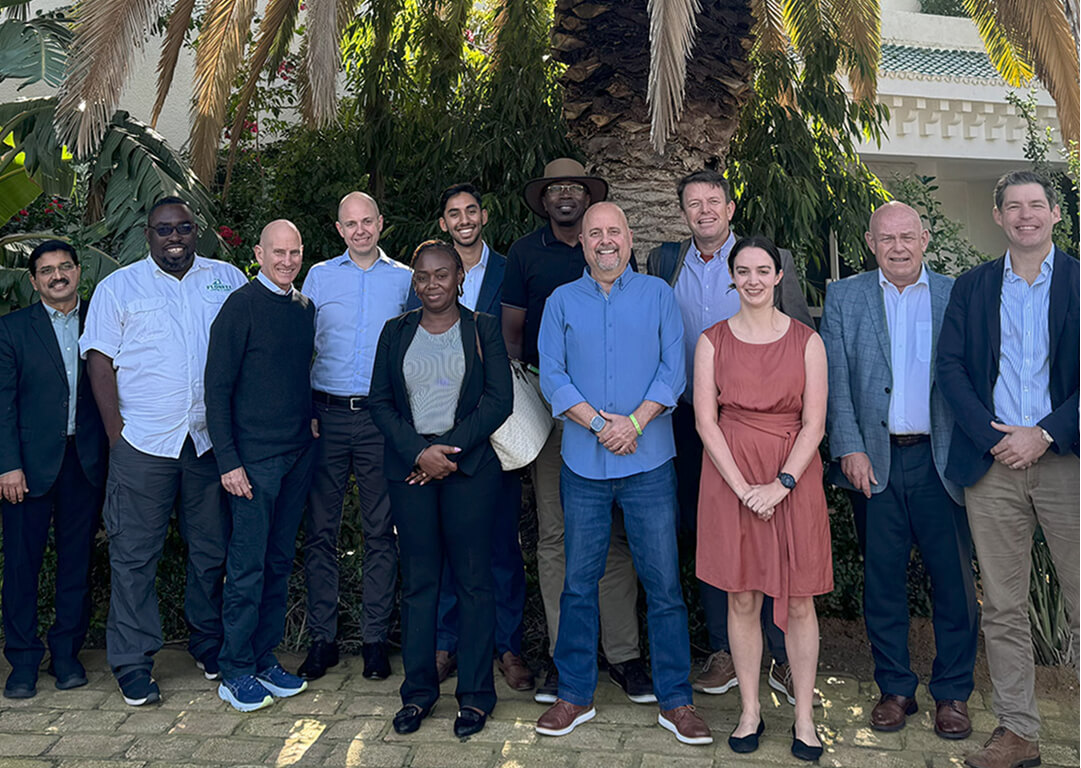
Mobilising the collaborative network to share knowledge, opportunities, challenges, and learnings to support sustainable development at speed and scale

AABLN welcomes any new members who work in African aquaculture and support our mission. Please get in touch if you are interested to learn more.


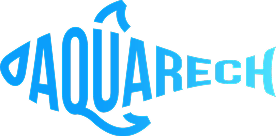
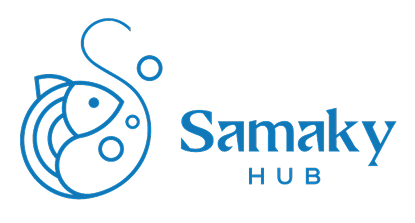
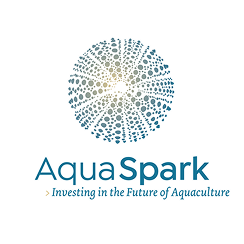
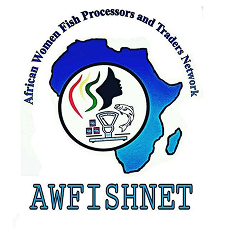

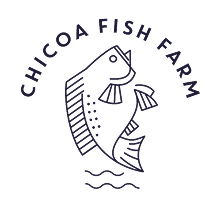
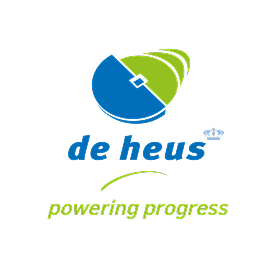
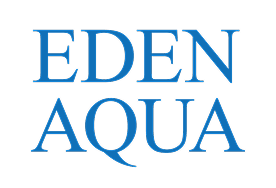
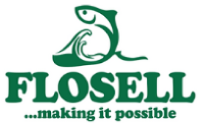

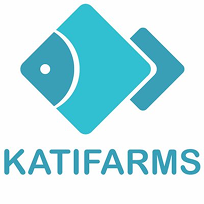

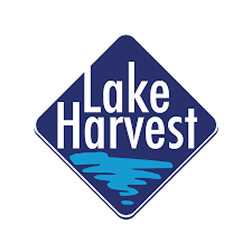
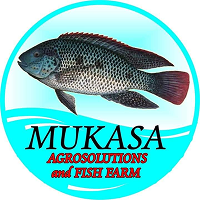
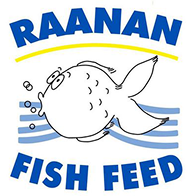
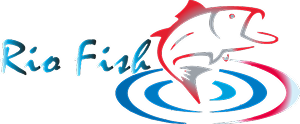

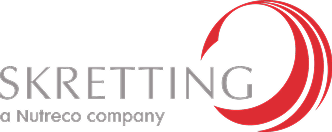
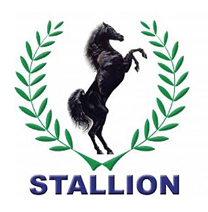

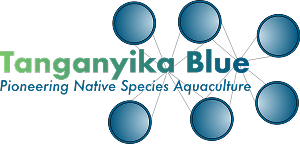
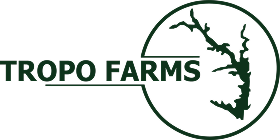


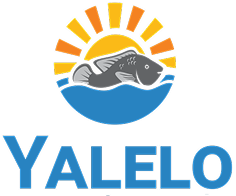





























Global Salmon Initiative as acting secretariat with funding from the Gates Foundation


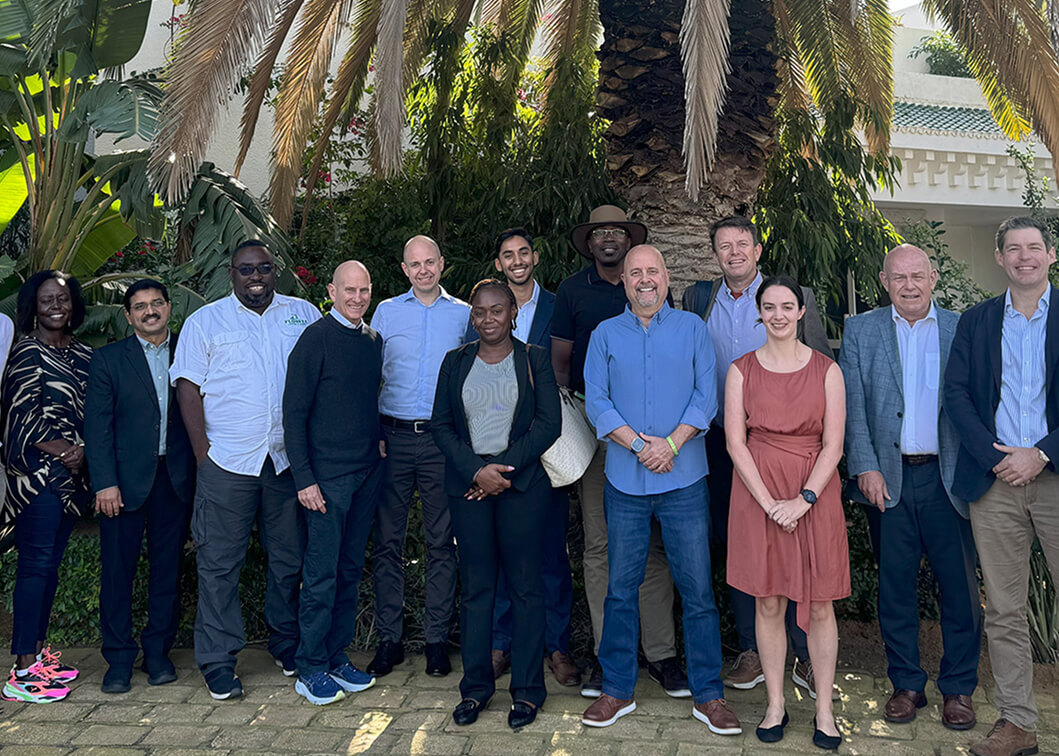
Business leaders from across the African aquaculture sector gathered at last month’s World Aquaculture Society Meeting in Tunisia, to mark a monumental moment in the sector's history by committing to work together to accelerate the sustainable development of the sector. Together they established the African Aquaculture Business Leaders Network (AABLN).
Read More

